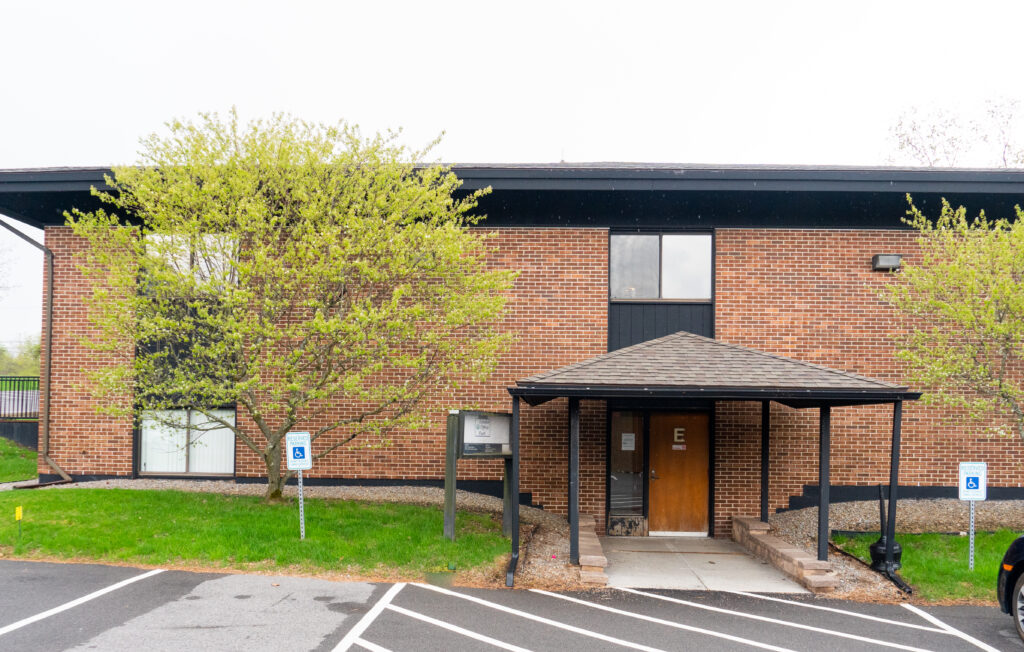Hearing Loss And Social Isolation
By digitaljoe
Hearing loss is a much more common issue than most people realize, with over 5% of the world’s population – that’s over 466 million people – living with some form of decreased hearing abilities. While most people think that the biggest problem associated with hearing loss is, well, hearing loss, many people don’t realize that hearing loss can cause a whole host of other mental and physical issues, especially when it’s left untreated.
Particularly for older adults, untreated hearing loss can be a huge problem. Not only can untreated hearing loss affect one’s ability to communicate effectively with others, but it can also increase one’s risk of developing dementia or increase one’s risk of falls. Although these medical issues associated with untreated hearing loss are well known and are discussed frequently in medical circles, we generally don’t talk about another serious side-effect of untreated hearing loss: social isolation.
Hearing Loss And Aging
As we age, many of us, unfortunately, experience hearing loss. While hearing loss can be caused by a whole host of different conditions, for many people, our hearing just simply doesn’t stand the test of time. Often, this is because our hearing abilities become less acute as we age, due to a lifetime of exposure to noises that were just a little bit too loud. For others, a single traumatic ear injury or extremely loud noise may have been the downfall of our hearing.
Regardless of how hearing loss happens, for older folks, it can do more than just mess with your ability to hear the television set. In older age, one of the main issues people may face in addition to their hearing loss is social isolation. Hearing loss-related social isolation usually comes about when people with hearing loss experience repeated communication challenges in social situations, work environments, and in other aspects of day-to-day life. When people struggle to communicate in these scenarios, they often start to withdraw and isolate themselves.
More often than not, people who experience hearing loss-related social isolation have hearing loss that is going untreated. Whether someone leaves their hearing loss untreated due to social stigma, an unwillingness or inability to pay, or a lack of nearby hearing healthcare resources, the result is the same: increased risks for depression and anxiety, as well as an overall low quality of life.
Fighting Back Against Social Isolation
Hearing loss-related social isolation can have huge negative implications on someone’s life. If a loved one is experiencing social isolation as a result of their hearing loss, you might be asking yourself what you can do to deal with this issue. Here are some tips:
- Encourage them to seek out hearing health care. If hearing loss is the root cause of a loved one’s social isolation, one of the best things you can do is encourage them to see a medical professional. That being said, if your loved one is in denial about their hearing loss, this may be tricky to do. A good option in these instances is to find out what hearing healthcare practices offer free or low-cost hearing tests in their area, so your loved one doesn’t feel like they need to make a huge financial commitment to a problem they don’t believe they have.
- Focus on ways to communicate effectively. Barriers to communication are the likely culprits to your loved one’s social isolation, so when you’re around them, take steps to reduce the impact of these challenges in your interactions. Face your loved one when you talk to them and speak clearly, but don’t speak too slowly or shout. Try to spend time with them in a quiet, distraction-free location to help them focus better on your conversation. Avoid loud or crowded places where it can be difficult to communicate.
- Help them seek out new sources of social interaction. Especially for older people, it can be difficult to find peers to spend time with. If your loved one is spending a lot of time alone at home, consider helping them find new sources of social interaction with people their own age. This could be a monthly book club, a weekly walking group, a Thursday night bowling event, or something similar.
- Encourage them to get professional mental healthcare. People experiencing social isolation, whether real or perceived, are likely to also experience depression, anxiety, or other mental health issues. A mental health professional can help people experiencing social isolation increase their quality of life.


